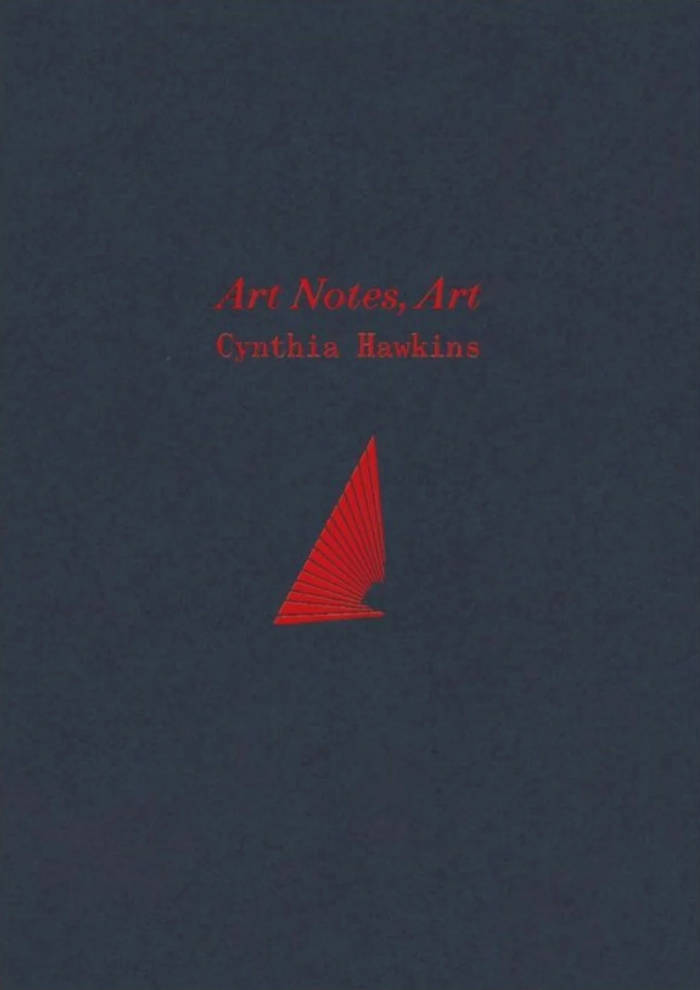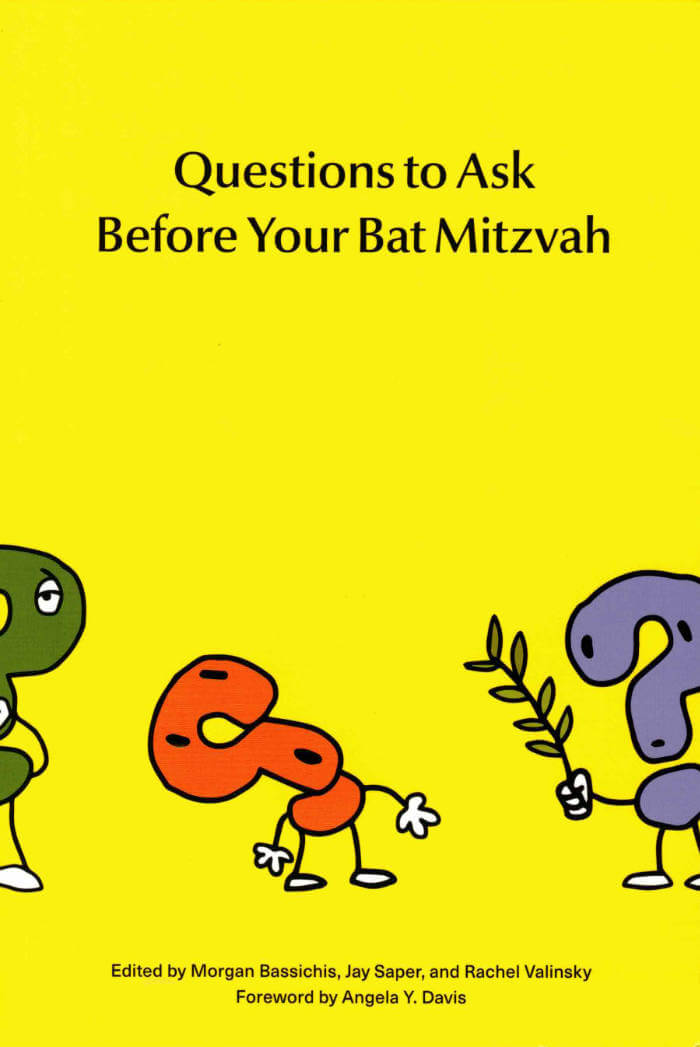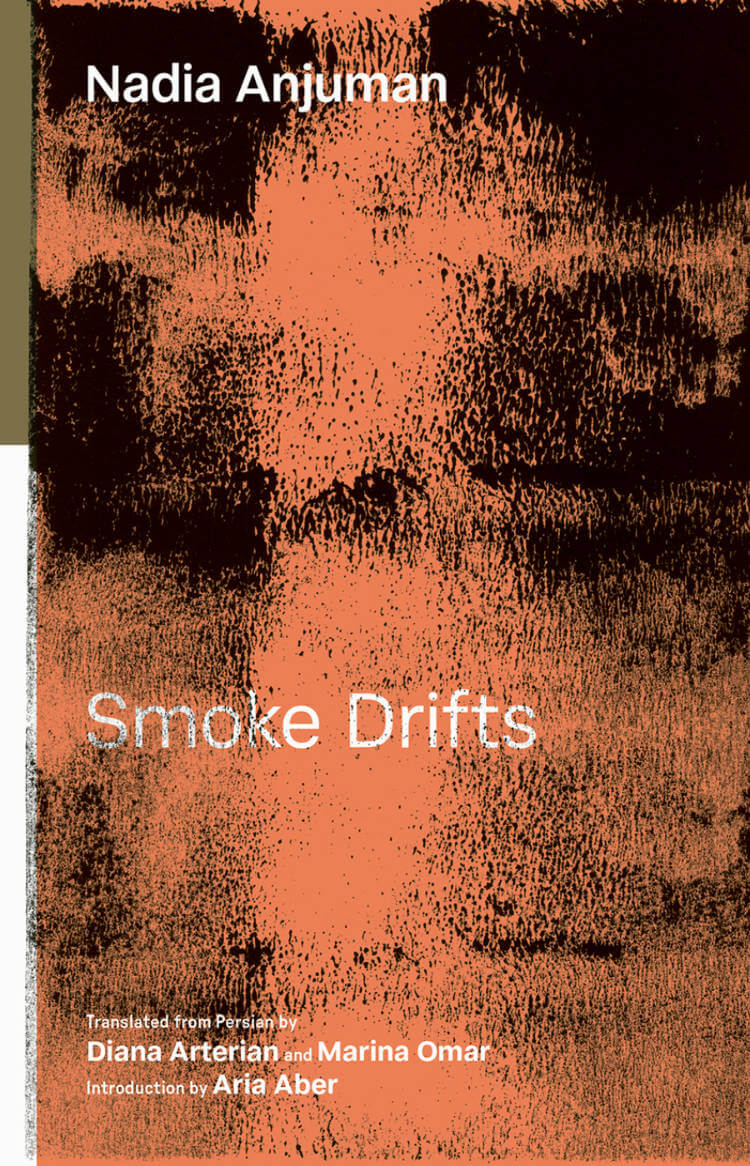
Who Are You Dorothy Dean?
The first book devoted to the late African American writer and actress, Dorothy Dean, one of the few prominent African American women of New York City's bohemian heyday, close to Andy Warhol and Robert Mapplethorpe.
This second release from Éditions 1989 features Dorothy Dean's unpublished writing and selected correspondence with Edie Sedgwick, Rene Ricard, and Taylor Mead, among other friends and artists. This volume also includes Dean's transcendent script of an unrealized film starring Factory actor, Ondine.
Lyrical, humorous, political, and brutally honest, Who Are You Dorothy Dean? is a tribute to one of the few prominent African American women of New York City's bohemian heyday.
Dorothy Dean (1932-1987) was an African American writer and actress. She entered the 1960s New York underground scene and quickly became one of its key, if overlooked, figures, starring in six of Andy Warhol's films and inspiring the likes of Robert Mapplethorpe and Robert Creeley. Presumably the first woman ever hired as fact-checker at The New Yorker, Dean held brief editorial and proofreading positions at publications such as Vogue before launching her very own bulletin of film reviews, the All-Lavender Cinema Courier, in 1976.
Edited by Anaïs Ngbanzo.
Texts by Dorothy Dean, Edie Sedgwick, Robert Creeley, Gerard Malanga, Rene Ricard, Taylor Mead, et al.
Translated from the English (American) by Rachel Valinsky.







